This is a photograph of a cumulonimbus cloud. Notice how the top of the cloud is shaped like an anvil.
Click on image for full size
Courtesy of UCAR Digital Image Library
Cumulonimbus
Cumulonimbus clouds belong to the Clouds with Vertical Growth group. They are
generally known as thunderstorm clouds. A
cumulonimbus cloud can grow up to 10km high.
At this height, high winds will flatten the top of the cloud out into an
anvil-like shape. Cumulonimbus clouds are associated with heavy rain, snow, hail, lightning, and tornadoes.
You might also be interested in:
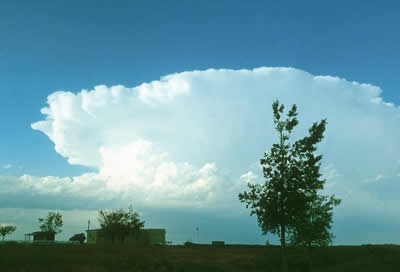
Clouds with vertical growth include cumulus and cumulonimbus clouds. These clouds grow high up into the atmosphere rather than spreading across the sky. They span all levels of the troposphere and can
...more
Thunderstorms are one of the most thrilling and dangerous types of weather phenomena. Over 40,000 thunderstorms occur throughout the world each day. Thunderstorms form when very warm, moist air rises into
...more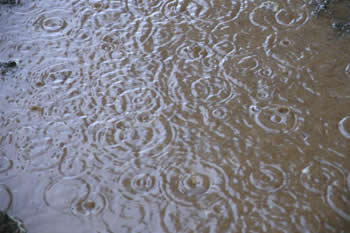
Rain is precipitation that falls to the Earth in drops of 5mm or more in diameter according to the US National Weather Service. Virga is rain that evaporates before reaching the ground. Raindrops form
...more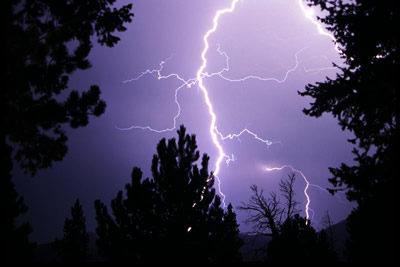
Lightning is the most spectacular element of a thunderstorm. In fact it is how thunderstorms got their name. Wait a minute, what does thunder have to do with lightning? Well, lightning causes thunder.
...more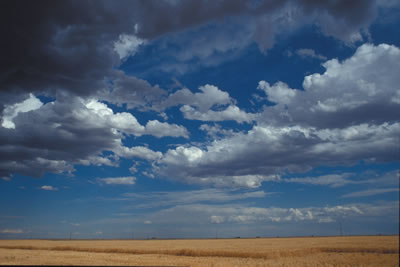
Cumulus clouds belong to the Clouds with Vertical Growth group. They are puffy white or light gray clouds that look like floating cotton balls. Cumulus clouds have sharp outlines and a flat base. Cumulus
...more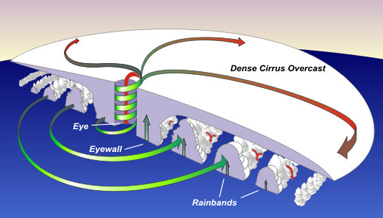
At the center of a fierce tropical storm, there is a small area where the weather is calm, the sky is clear, and the winds are just light breezes. This area is called the eye of the storm. As a hurricane
...more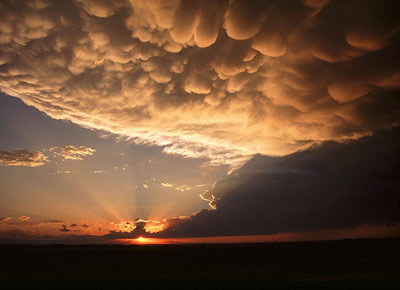
Mammatus clouds are pouches of clouds that hang underneath the base of a cloud. They are usually seen with cumulonimbus clouds that produce very strong storms. Mammatus clouds are sometimes described as
...more













